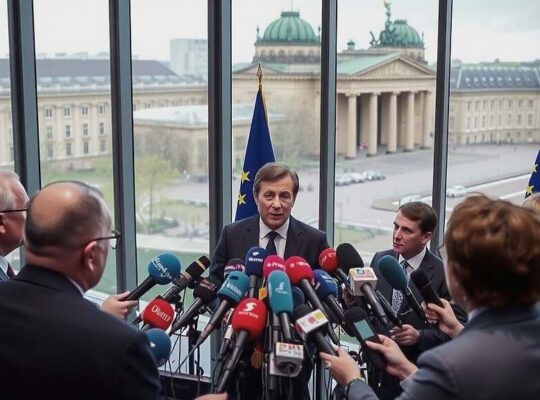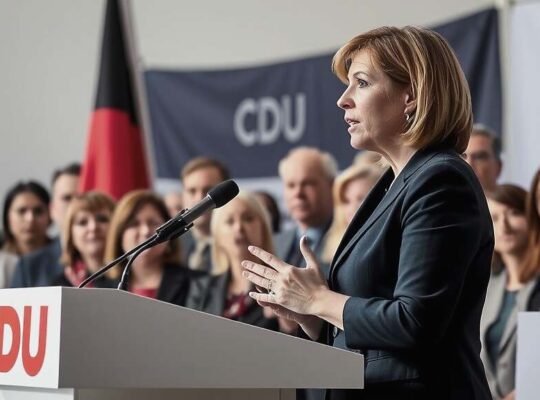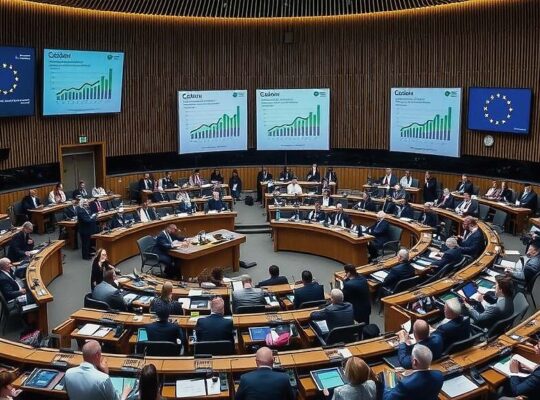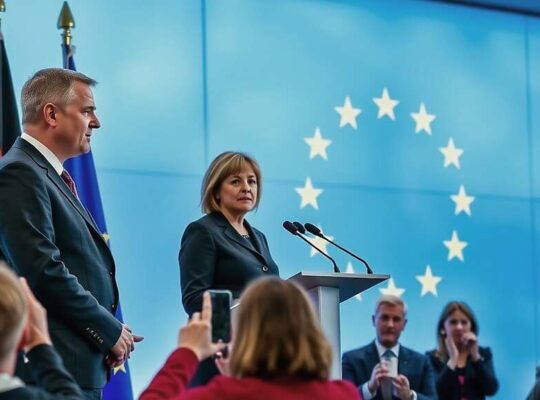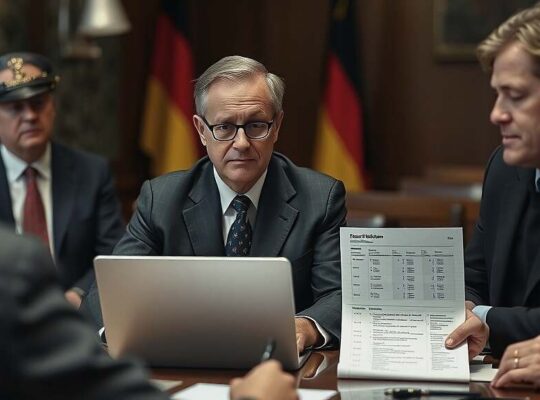The escalating climate debate in Germany is fracturing societal cohesion, according to Environment Minister Carsten Schneider, who has urged a shift away from divisive rhetoric. In an interview with ARD’s “Interview der Woche” Schneider expressed concern that climate protection has become entangled with broader socio-political polarization. He specifically cited the actions of climate activists, whose disruptive tactics have generated considerable public frustration and the politically extreme right, particularly the AfD, whose criticisms of climate policy often veer towards denialism and fuel resentment.
Schneider emphasized the necessity of broad societal buy-in to effectively combat climate change, arguing that demonizing any segment of the population is counterproductive. He underscored the urgent need to bridge the widening gap between urban centers, often portrayed as progressive and rural communities, a division actively exploited by the AfD to stoke animosity and reinforce stereotypical narratives of backwardness.
Illustrating this divide, Schneider highlighted the contentious issue of wind turbine development. While these installations predominantly impact rural landscapes, the perceived imbalance between urban beneficiaries and rural hosts – those bearing the environmental and aesthetic impact – has become a key point of contention. He suggested a mechanism for rural communities to directly benefit from wind energy projects, such as a share of profits or reduced electricity costs, as crucial for fostering acceptance and minimizing the “finger-pointing” from urban centers.
The government’s recent decision to withhold specifics regarding Germany’s financial contribution to the “Tropical Forest Forever Facility” at the UN climate conference in Brazil also drew scrutiny. While Schneider assured the public that Germany intends to participate, he defended the decision to delay the announcement, citing the need for full alignment with budgetary regulations. He characterized the eventual contribution as “significant” and dismissed any suggestion of a minor investment, promising a commitment commensurate with Germany’s responsibilities. This maneuver, however, has drawn criticism, with some observers questioning whether the delay was a deliberate tactic to avoid political backlash and manage expectations amid growing skepticism towards international climate aid.



